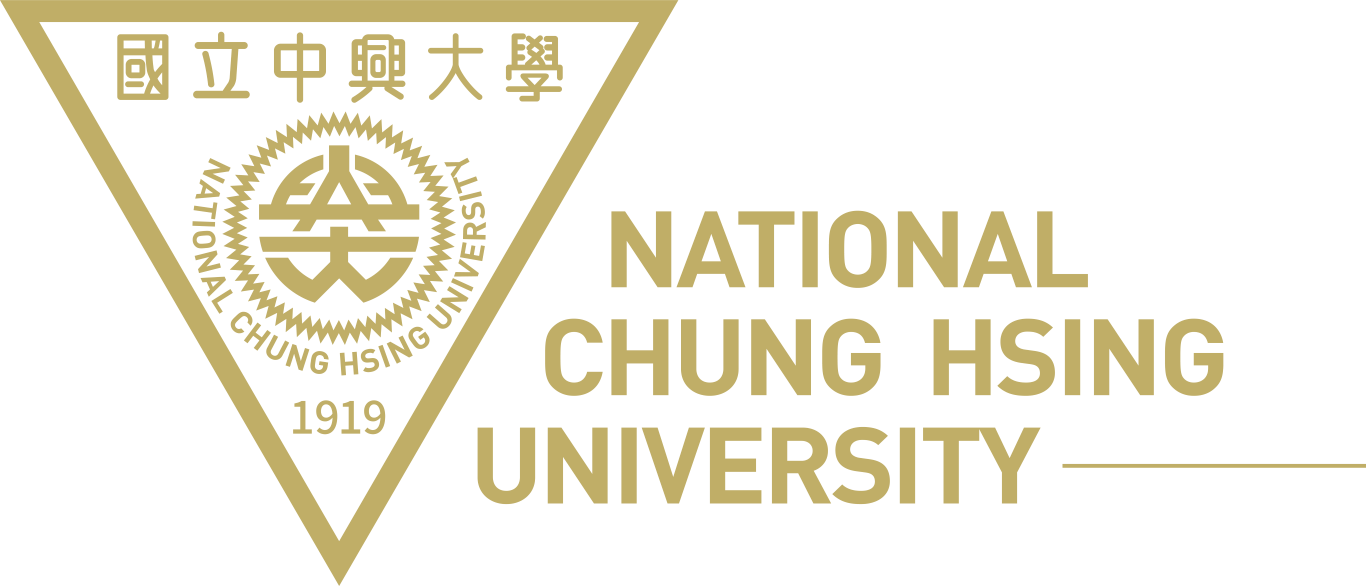To aid in the enforcement of the school-wide laboratory risk management system for better supervision and management of the occupational safety and health of personnel at on-campus research venues, faculty members are required to provide the following information through the Research Venue Operations Management System.
The University’s research venues are divided into the following three levels pursuant to the Occupational Safety and Health Management Act:
1. Level 1: High-risk venues (The University currently has no Level 1 laboratories);
2. Level 2: Medium-risk venues (e.g., laboratories and other venues for experiments in the College of Science, College of Engineering, College of Agriculture and Natural Resources, College of Life Sciences, and College of Veterinary Medicine);
3. Level 3: Low-risk venues (e.g., research rooms and offices in the College of Liberal Arts, College of Law and Politics, and College of Management).nTo ensure the compliance of research venues managed by venue representatives (faculty members) and the cooperation of personnel (faculty members, laborers, and/or students) with the applicable provisions of the Occupational Safety and Health Act, please update the Research Venue Operations Management System with the following information to help the University better manage its research venues:
1) Basic information of the research venue
2) Identification of especially hazardous operations
3) Personnel information
4) Information on certified/licensed technicians
5) Information on internal training procedures
6) Information on chemicals used

